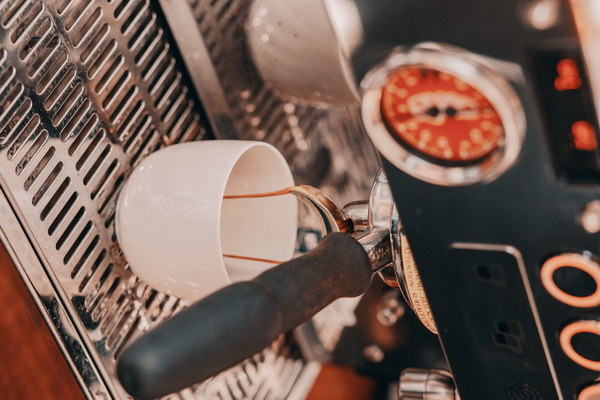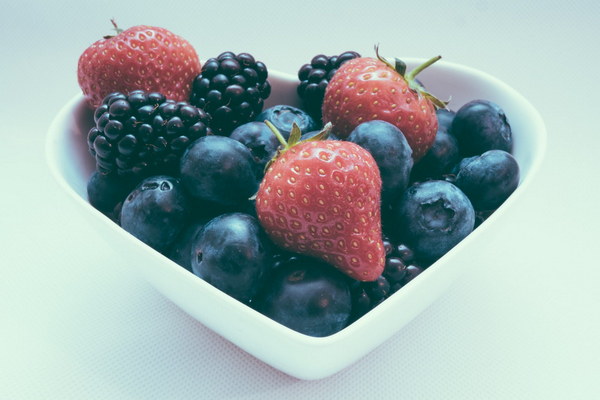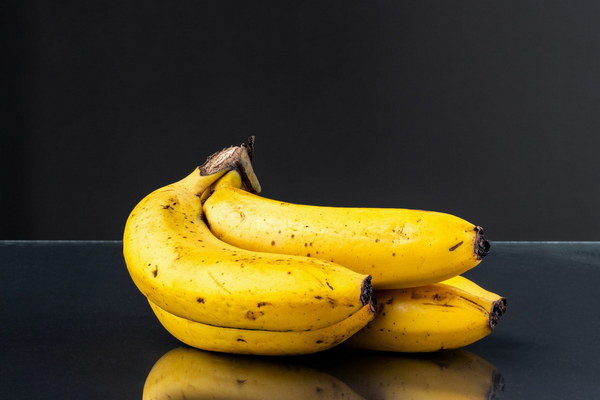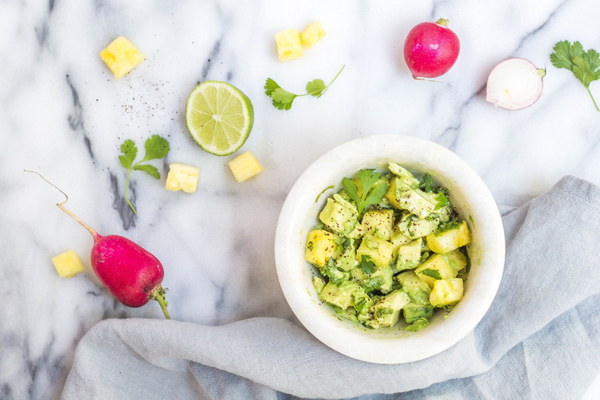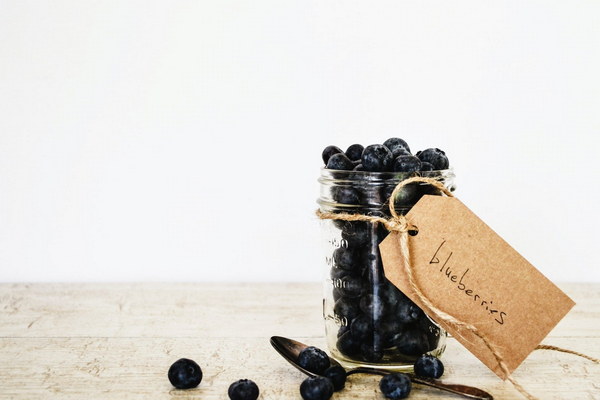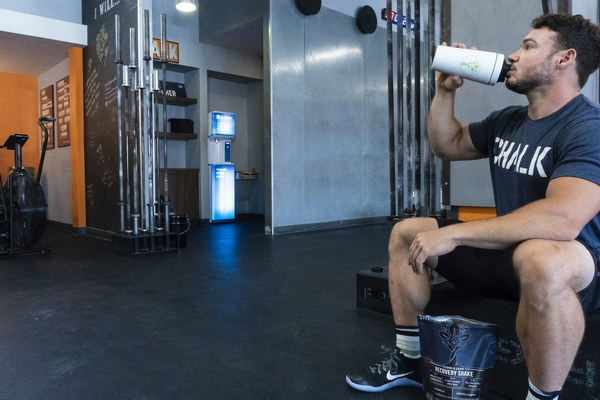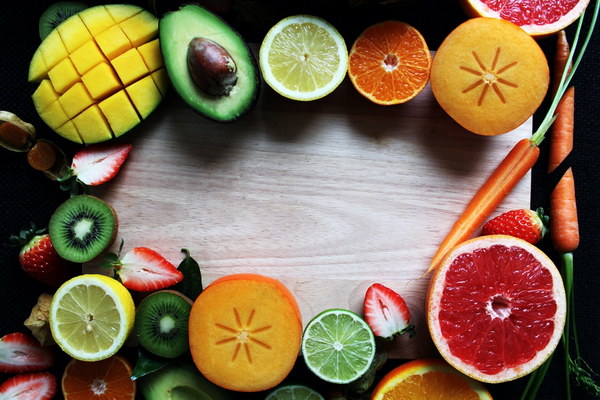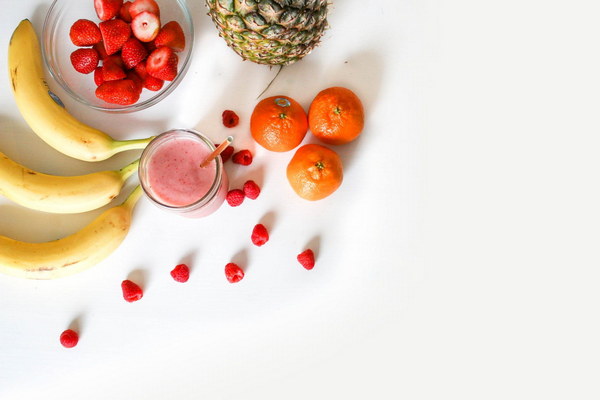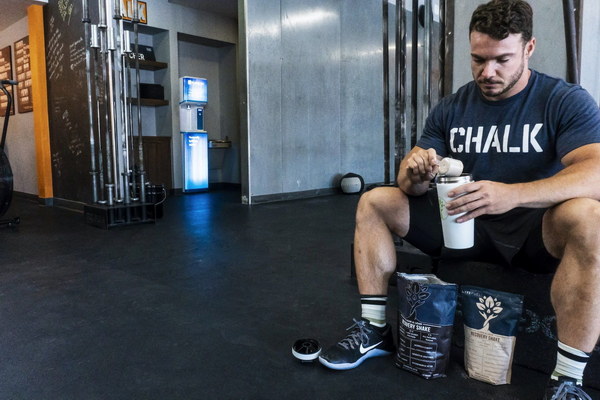Post-Gallbladder Surgery A Nutritional Guide to Rebuilding Your Health Through Diet
After undergoing gallbladder surgery, the journey to recovery involves not only physical healing but also a careful consideration of what you eat. The body's digestive system undergoes significant changes following this procedure, and making the right dietary choices can aid in a smoother recovery. This article serves as a comprehensive guide to post-gallbladder surgery nutrition, offering advice on what to eat and what to avoid to support your healing process.
Introduction
The gallbladder, a small organ located beneath the liver, plays a crucial role in the digestion and absorption of fats. Its removal, whether due to gallstones or other complications, requires the body to adapt to a new way of processing fats. Post-gallbladder surgery, also known as cholecystectomy, can lead to a range of digestive symptoms, including bloating, diarrhea, and discomfort. However, by following a well-balanced diet rich in essential nutrients, you can help alleviate these symptoms and speed up your recovery.
Key Nutrients for Post-Gallbladder Surgery Recovery
1. Good Fats: Since the gallbladder is no longer storing bile to aid in fat digestion, it's important to consume fats in smaller, more frequent portions. Healthy fats, such as those found in olive oil, avocados, and nuts, are easier to digest and provide essential fatty acids.
2. Protein: High-quality proteins are essential for tissue repair and healing. Include lean meats, poultry, fish, eggs, dairy products, and plant-based options like lentils, chickpeas, and tofu in your diet.
3. Fiber: A diet rich in fiber can help regulate bowel movements and prevent constipation, a common side effect of gallbladder surgery. Aim for a variety of fruits, vegetables, whole grains, and legumes.
4. Vitamins and Minerals: Post-surgery, your body may need additional support to maintain optimal health. Ensure you're getting enough vitamins A, D, E, K, B12, and calcium, as well as magnesium, iron, and zinc, which are vital for healing.
Dietary Tips for Post-Gallbladder Surgery
- Small, Frequent Meals: Eat smaller, more frequent meals throughout the day rather than three large meals. This approach can help your body digest fats more effectively.
- Chew Thoroughly: Chewing food well can aid in the digestion process, making it easier for your body to absorb nutrients.
- Stay Hydrated: Drinking plenty of water is essential for overall health and can help prevent constipation. Aim for at least 8-10 glasses a day.
- Avoid High-Fat Foods: Foods high in saturated and trans fats, such as fried foods, red meat, and full-fat dairy products, can be difficult to digest and may exacerbate digestive symptoms.
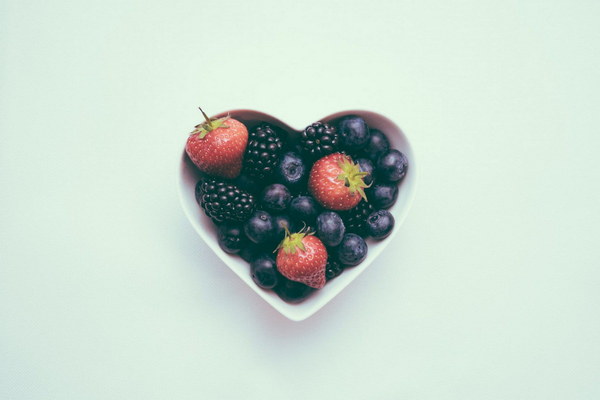
- Limit Cholesterol: High-cholesterol foods can increase the risk of gallstones and should be limited in your diet. These include organ meats, egg yolks, and shellfish.
Sample Post-Gallbladder Surgery Meal Plan
Breakfast:
- Oatmeal with sliced bananas and a handful of almonds
- Green tea
Mid-Morning Snack:
- A small apple or pear
Lunch:
- Grilled chicken salad with mixed greens, cherry tomatoes, cucumber, and a vinaigrette dressing
- Quinoa
Afternoon Snack:
- A yogurt with a drizzle of honey and a sprinkle of chia seeds
Dinner:
- Baked salmon with steamed broccoli and carrots
- Brown rice
Evening Snack:
- A small bowl of mixed berries
Conclusion
Recovering from gallbladder surgery requires patience and a conscious effort to adapt your diet. By focusing on nutrient-rich foods, staying hydrated, and avoiding high-fat and high-cholesterol foods, you can support your body's healing process. Remember to consult with a healthcare professional or a registered dietitian for personalized advice tailored to your specific needs. With the right dietary adjustments, you can look forward to a quicker and more comfortable recovery.
